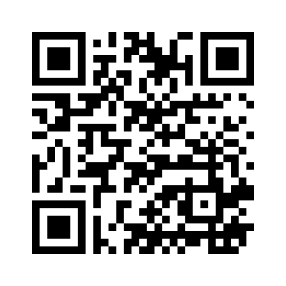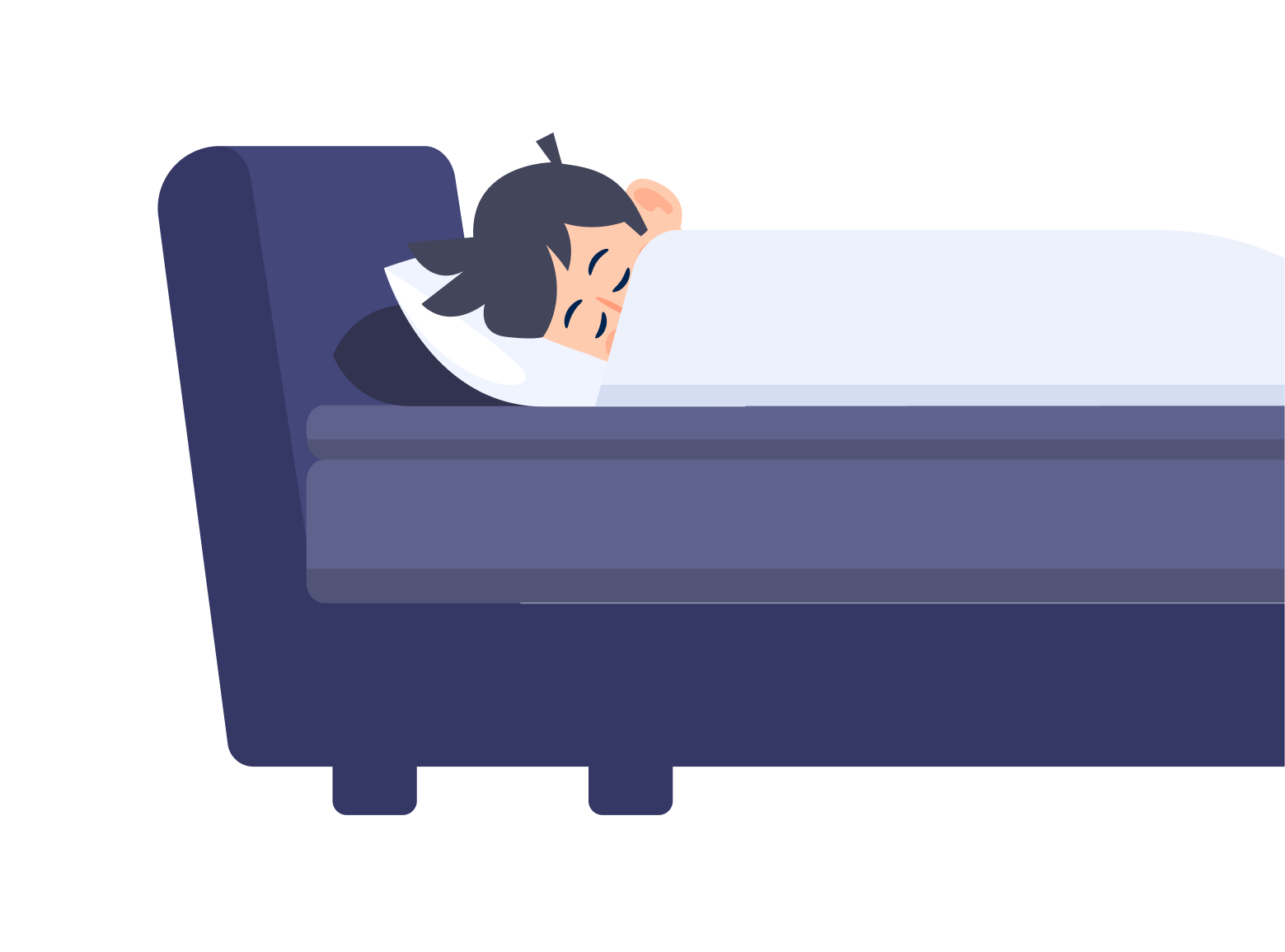Dreams about not being able to find a toilet are surprisingly common and often intensely stressful. From a psychological perspective, this toilet dream meaning points to blocked expression, unmet needs, fragile boundaries, and difficulties with privacy or self-acceptance. Far from being trivial, these dreams translate bodily urgency into a precise emotional message: something inside you needs release, safety, and a clear place to be heard.
Why Do You Dream About Not Finding a Toilet?
In dream psychology, a toilet symbolizes release, privacy, and permission to express what you usually suppress. When toilets are missing, locked, filthy, or out of order, your mind highlights an unmet need for emotional relief. The dream concentrates frustration into an urgent scenario: you search for a safe space, yet every door denies access. Clinically, such imagery often appears during phases of high stress, role overload, conflict avoidance, or perfectionistic self-control. Your psyche signals, “You cannot keep holding this—something must be acknowledged and let go.”
Core Themes and Emotional Signatures
Although scenes vary, the emotional signature stays consistent: urgency, exposure, and blocked relief. Many dreamers wander through malls, schools, offices, stations, or labyrinthine hallways. Every restroom is occupied, broken, or painfully public. The theme translates into waking life as difficulty stating needs, asking for help, or setting limits. Shame often accompanies the search, revealing fear of judgment when you show vulnerability. Conversely, some dreams end in relief after a private door finally opens—an encouraging sign that healthy expression is returning.
Psychological Contexts: What Triggers Toilet Dreams?
Several contexts increase the likelihood of these dreams. First, chronic stress narrows emotional bandwidth. When demands outpace recovery, feelings get postponed and the dream system dramatizes the backlog. Second, role strain (parenting pressures, caretaking, leadership duties) can foster self-erasure; you protect others’ comfort while neglecting your own. Third, social conditioning that prizes composure over honesty pushes emotions underground, especially anger or grief. Fourth, life transitions—moving, breakup, new job—destabilize routines and privacy, which the dream mirrors as “no safe place.” Finally, medical or medication factors can alter sleep continuity and dream vividness; if these dreams surge suddenly, reviewing recent changes with a clinician can be wise.
Mechanisms: From Somatic Urgency to Symbolic Message
Not every toilet dream is purely symbolic; sometimes a full bladder or fragmented sleep increases urgency imagery. Nevertheless, the mind rarely wastes a scene. It fuses somatic signals with psychological meaning. The drive to eliminate becomes a metaphor for affect regulation: clearing resentment, releasing grief, or expressing needs. If the setting feels extremely public, the dream emphasizes vulnerability and shame; if everything is locked, it highlights blocked permission; if facilities are filthy, it points to contamination beliefs (“My feelings are messy/bad”) that require compassionate reframe.
Self-Assessment: Questions That Clarify Meaning
Interpretation deepens when you consider context and emotion. Ask yourself: What situation currently denies me privacy or voice? Which feelings do I most avoid—anger, sadness, fear, or need? Where do I seek permission from others instead of granting it to myself? How do shame and perfectionism block honest expression? If the dream recurs, what repeats—locked doors, crowded rooms, disgust, exposure? Repetition marks the core conflict and indicates where targeted change will yield the greatest relief.
Clinical Lens: Anxiety, Boundaries, and Emotion Regulation
From a clinical standpoint, this dream cluster aligns with anxiety circuits and boundary challenges. People who struggle to say “no,” who overfunction to keep peace, or who fear disappointing others often displace needs until the night magnifies them. The toilet symbolizes a boundary-protected zone where release is allowed; the dream shows what happens when that zone goes missing. Therapeutic work commonly involves building skills in assertive communication, values-based limits, and self-permission to feel and express without self-attack.
How to Interpret Your Toilet Dream
Start with emotion: panic suggests urgent unmet needs; embarrassment reveals shame-based inhibition; relief at the end signals successful integration. Next, analyze setting: public spaces imply evaluation fears; locked or broken facilities indicate blocked access to safe expression; confusing hallways point to decision paralysis. Finally, track timing: do these dreams spike around performance reviews, family obligations, or medical stressors? Temporal links often expose the true trigger.
Evidence-Informed Interventions
Effective strategies blend body, language, and environment. First, restore privacy routines: brief daily moments for solitude, journaling, or mindful breathing. Second, practice micro-expression: name one feeling, ask for one need, set one limit. Small, consistent disclosures rewire shame. Third, use cognitive reframes to challenge contamination beliefs (“My feelings are data, not defects”). Fourth, reinforce sleep hygiene: reduce late caffeine, stabilize bed/wake times, downshift with dim light, and protect a quiet last hour. If dreams remain intense, therapy—especially approaches focused on emotion processing and boundary work—can accelerate relief.
Illustrative Dream Patterns (Psychological Reading)
A professional racing through a conference venue finds only locked doors—waking theme: constant availability, zero privacy. A parent in a crowded school cannot use filthy stalls—waking theme: self-disgust learned from criticism; need for self-compassion. A student lost in endless corridors—waking theme: decision fatigue and fear of choosing “wrong.” Each scenario resolves as the dreamer grants permission, schedules real private time, and speaks one honest sentence in daylight.
Myths vs. Psychological Facts
Myth: “These dreams mean I’m weak or immature.” Fact: They indicate an intact signal system asking for healthy release. Myth: “It’s only about biology.” Fact: Bodily cues often blend with precise symbolic messages about boundaries and shame. Myth: “I must eliminate all stress to stop them.” Fact: You need targeted permission, not a perfect life.
Glossary of Key Symbols
Toilet: Release, privacy, permission to express.
Locked door: Blocked access, withheld self-permission.
Public restroom: Exposure, fear of judgment, shame activation.
Filthy stall: Contamination beliefs (“my feelings are wrong/dirty”).
Endless corridors: Decision paralysis, diffuse goals, lost boundaries.
FAQ: Dreams About Not Finding a Toilet
Does this dream predict an accident or illness?
No. While bodily signals can influence imagery, the core message is psychological—about permission, privacy, and emotional release.
Why does the restroom feel so public or filthy?
Public settings depict fear of judgment; dirt or disrepair reflects shame and negative beliefs about your feelings. Both invite compassionate reframing.
How can I stop this recurring dream?
Create daily privacy, name one emotion, and ask for one need. Improve sleep routines and consider therapy if the theme persists. Recurrence fades as expression becomes safe in waking life.
Is it normal to feel relief when I finally find a toilet?
Yes. Relief signals successful regulation; your psyche confirms that honest expression restores balance and lowers anxiety.








